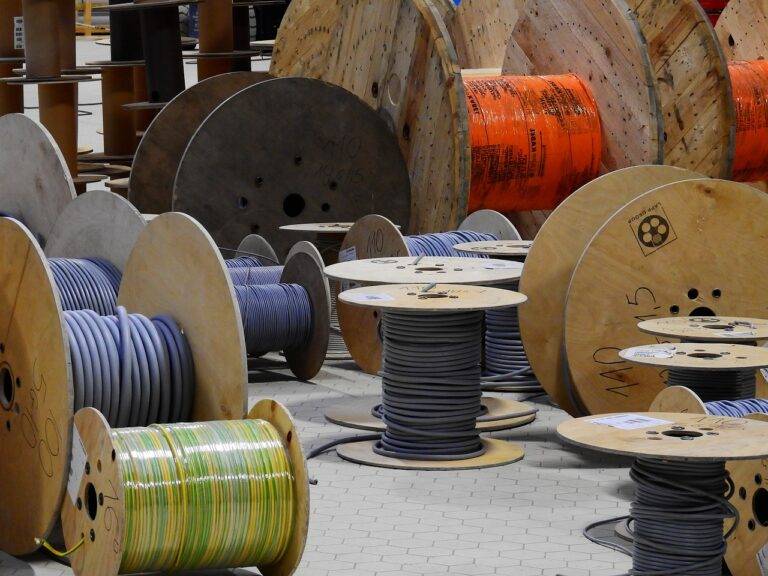Tech’s Role in Supporting Sustainable Agriculture Practices
Sustainable agriculture is crucial not only for the health of our environment but also for the well-being of future generations. By adopting sustainable practices, farmers can reduce the negative impact of farming on ecosystems, biodiversity, and natural resources. These methods promote soil health, water conservation, and the preservation of wildlife habitats, ultimately contributing to a more balanced and resilient agricultural system.
Furthermore, sustainable agriculture plays a significant role in addressing food security issues around the world. By focusing on long-term productivity rather than short-term gains, farmers can ensure stable food production for growing populations without depleting vital resources. Sustainable practices also promote the use of organic fertilizers, crop rotation, and integrated pest management techniques, making our food systems more robust and sustainable in the face of climate change and other challenges.
Increasing Crop Yields with Technology
In modern agriculture, technology plays a vital role in enhancing crop yields. Through the integration of cutting-edge technologies, farmers are able to optimize their farming practices and maximize the productivity of their land. From automated machinery to precision agriculture tools, the use of technology has revolutionized traditional farming methods, leading to increased efficiency and output.
One of the key technologies that have proven to be particularly effective in boosting crop yields is the use of genetically modified organisms (GMOs). By introducing traits that make plants more resistant to pests, diseases, and environmental stressors, GMOs help farmers protect their crops and ensure a more bountiful harvest. Additionally, the adoption of GPS systems and data analytics in farming operations enables farmers to make data-driven decisions, fine-tune their cultivation techniques, and achieve higher crop yields.
Utilizing Drones for Precision Agriculture
Drones have revolutionized precision agriculture by providing farmers with a bird’s eye view of their fields. These unmanned aerial vehicles equipped with high-resolution cameras can capture detailed images of crops, allowing farmers to assess crop health, detect pests or diseases, and monitor overall field conditions with precision. The real-time data collected by drones enables farmers to make informed decisions and take timely actions to optimize crop production while minimizing environmental impact.
Furthermore, drones equipped with advanced sensors and technology can generate accurate maps of fields, helping farmers to create customized treatment plans for different areas of the field. This targeted approach to farming allows for precise application of water, fertilizers, and pesticides, reducing input costs and minimizing waste. By harnessing the power of drones in precision agriculture, farmers can enhance crop yields, improve resource efficiency, and promote sustainable farming practices for a more productive and environmentally friendly agricultural sector.
What is precision agriculture?
Precision agriculture is a farming management concept that uses technology to optimize the efficiency, productivity, and sustainability of agricultural practices.
How can drones be used in precision agriculture?
Drones can be equipped with various sensors and cameras to collect data on crops, soil conditions, and other factors that affect agricultural productivity. This data can then be used to make more informed decisions and improve crop yields.
Are drones cost-effective for farmers?
Yes, drones can be a cost-effective tool for farmers when used properly. They can help reduce the need for manual labor and provide valuable data that can lead to increased efficiency and higher crop yields.
What are the benefits of utilizing drones for precision agriculture?
Some benefits of using drones for precision agriculture include improved crop monitoring, better decision-making, reduced resource wastage, and increased overall productivity and profitability for farmers.
Are there any regulatory restrictions on using drones in agriculture?
Yes, there are regulations in place regarding the use of drones in agriculture, including rules on flight restrictions, data privacy, and licensing requirements. It is important for farmers to familiarize themselves with these regulations before using drones on their farms.





